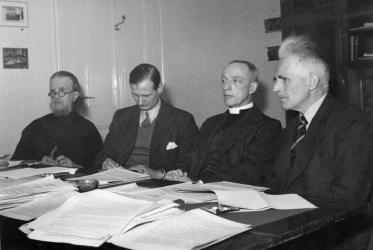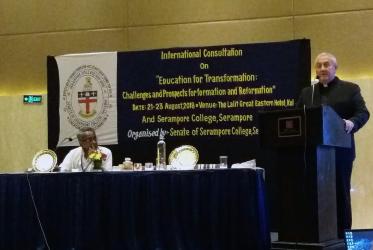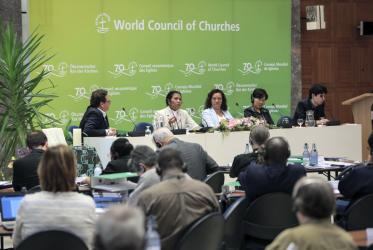Displaying 81 - 100 of 161
24 September 2018
WCC promotes Global Day of Prayer to End Famine
06 June 2018
WCC calls for Global Day of Prayer to End Famine
31 May 2018
Missional formation plenary encourages discipleship
12 March 2018
Bossey commended by University of Geneva
02 February 2018
Re-engineering life forms: Church forum raises concerns
09 November 2017
Responsible agriculture investments theme of WCC session
16 October 2017















